Latest AI Industry Trends and Information in 2026
Track global AI industry development, technological breakthroughs, and industry trends
Microsoft unveiled its second-generation Maia 200 AI chip on January 26, 2026, featuring 140 billion transistors on TSMC's 3nm process and 216GB of HBM3E memory from SK Hynix. The chip delivers 10 petaFLOPS performance, offers 30% better cost efficiency than alternatives, and is already deployed in Microsoft's Iowa data center supporting GPT-5.2 models and Microsoft 365 Copilot services.

Self-hosted AI assistant Clawdbot has exploded in popularity among Silicon Valley developers, driving unexpected Mac Mini sales surges while simultaneously exposing serious security vulnerabilities that have left hundreds of installations compromised with exposed API keys and private data.
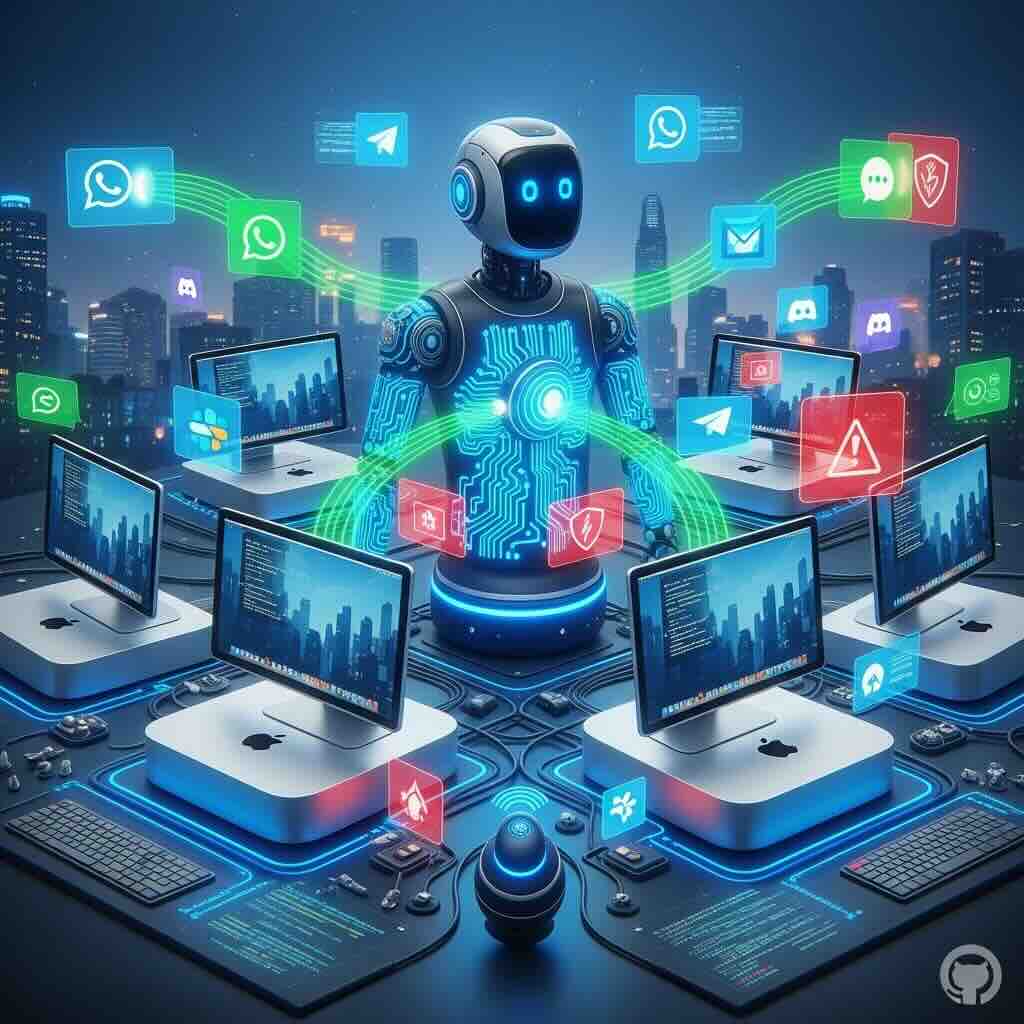
Google's Willow quantum chip demonstrates the first verifiable quantum advantage on hardware, completing calculations 13,000 times faster than supercomputers while industry leaders declare 2026 the pivotal year for AI-quantum technological convergence.

Higgsfield has launched its Ambassador Program, allowing creators to earn up to 15% commission on referrals. The announcement coincides with the company's $1.3 billion valuation and 15 million user milestone, positioning it as a major player in AI video generation.
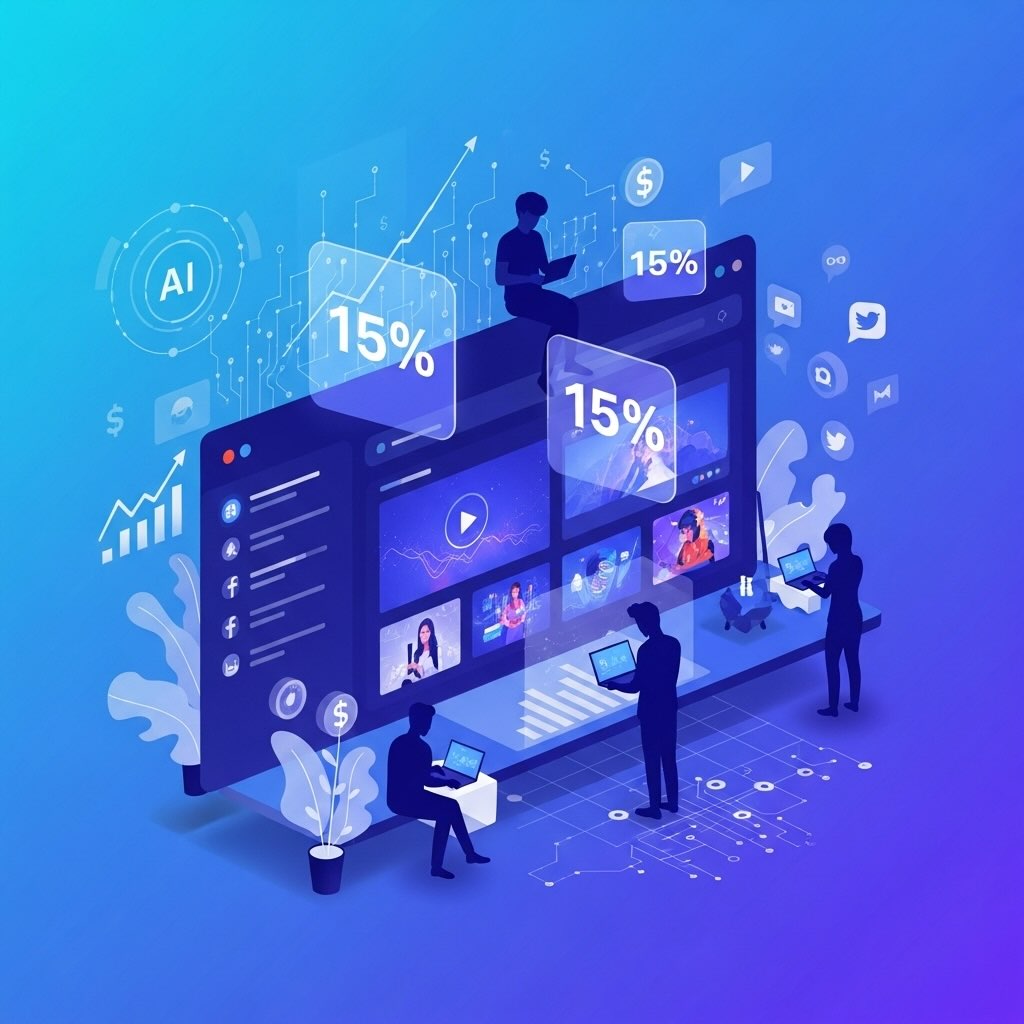
Google Gemini has experienced unprecedented explosive growth, surging from 5.7% to 21.5% market share while reaching 650 million monthly users. The launch of Gemini 3 Flash delivers frontier-level AI performance at 70-79% lower costs than competitors, processing over 1 trillion tokens daily and outperforming larger models on coding benchmarks, fundamentally reshaping the AI competitive landscape.
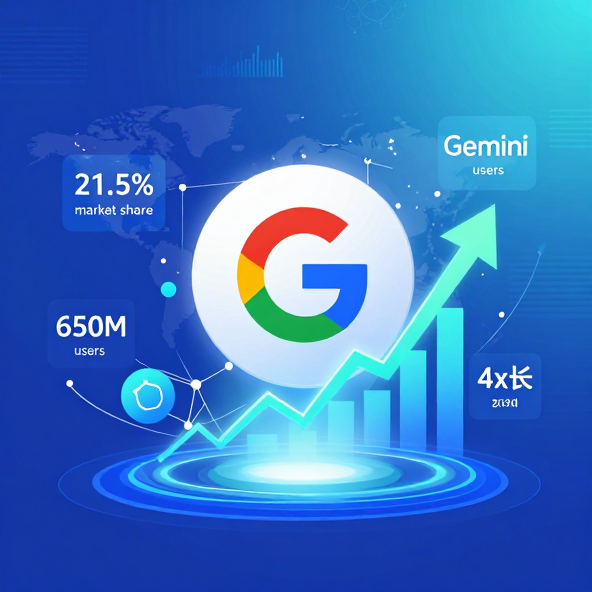
OpenAI announced on January 16, 2026, the introduction of advertising to ChatGPT's free tier and new $8/month 'Go' subscription plan, representing a significant monetization shift as the AI company seeks to offset massive infrastructure costs while maintaining accessibility. The advertising will begin testing in the US within weeks, targeting adult users while preserving privacy protections and keeping higher-tier subscriptions ad-free.
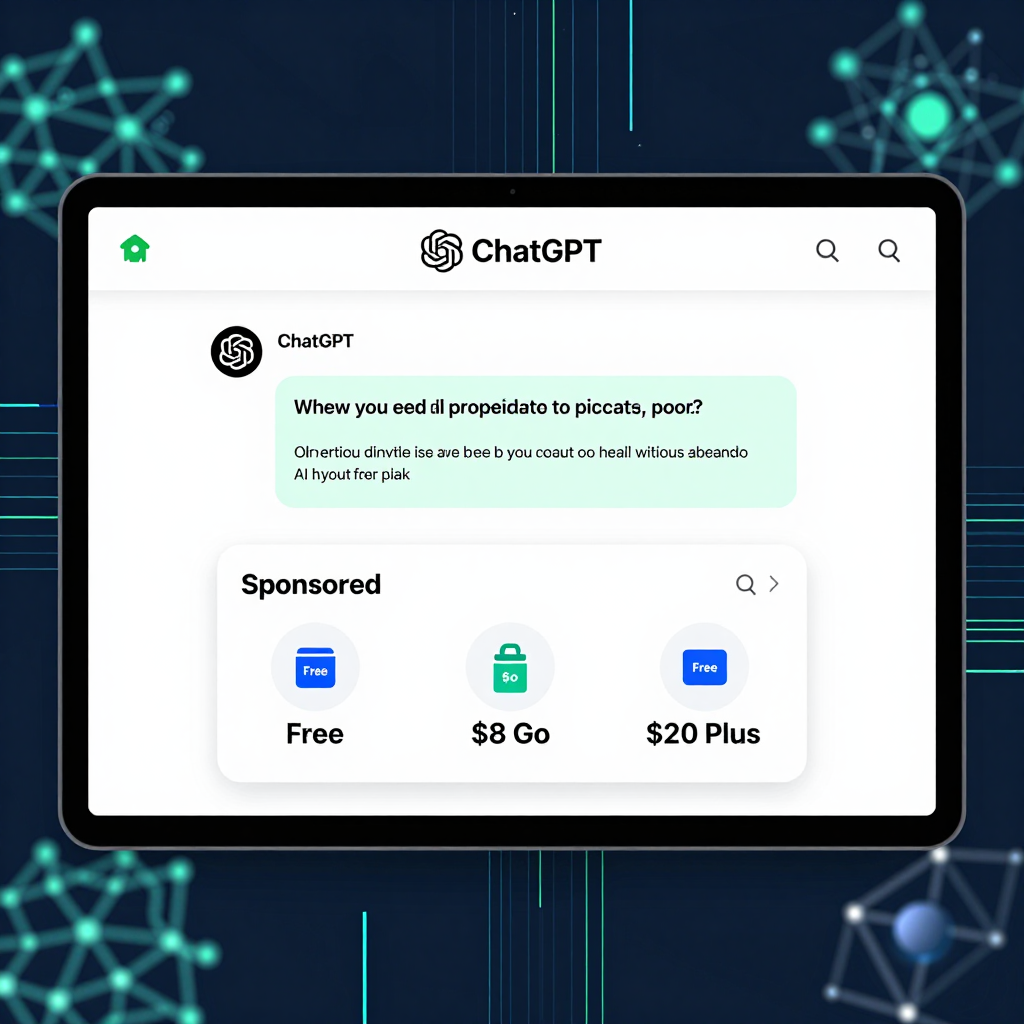
Google introduces TranslateGemma, a groundbreaking suite of open-source translation models that achieves superior performance with exceptional efficiency, supporting 55 languages and available in three configurations for mobile, laptop, and cloud deployment.
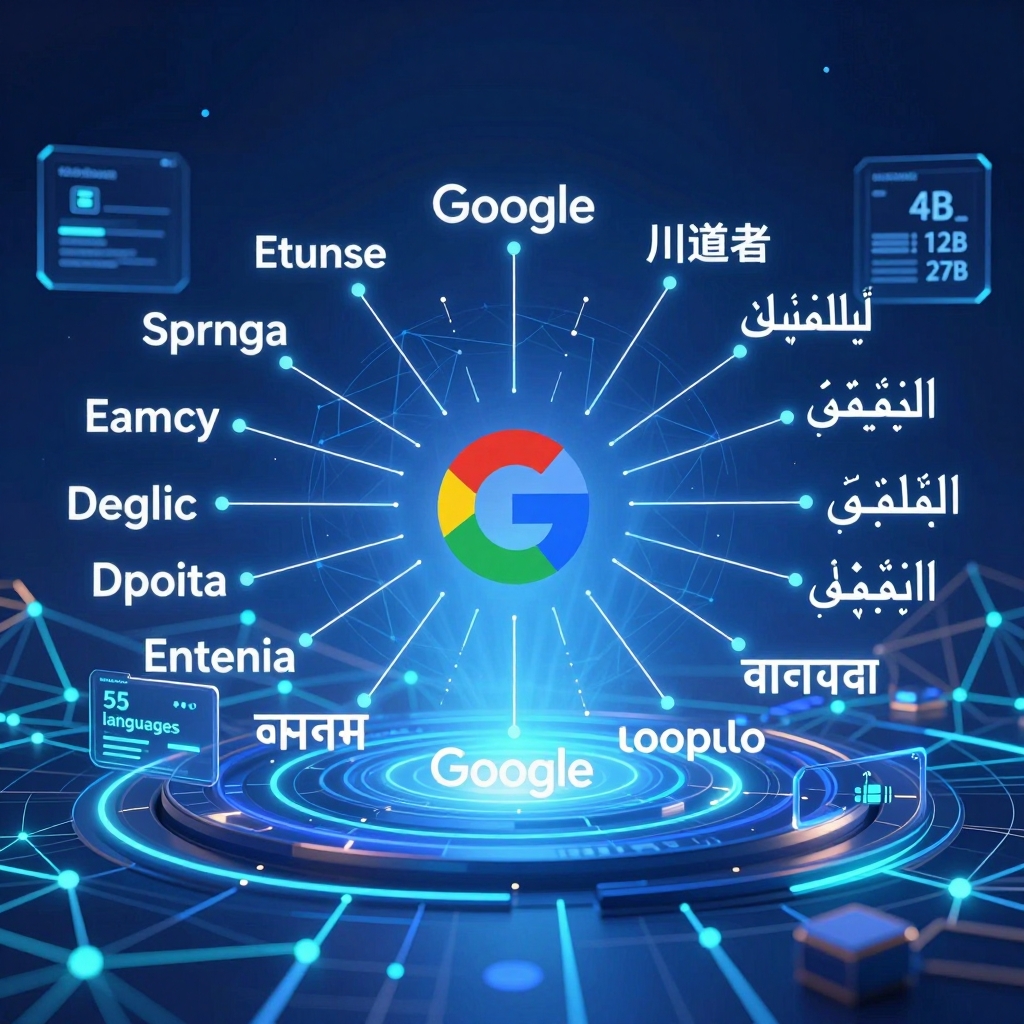
The Wikimedia Foundation marked Wikipedia's 25th anniversary by announcing major commercial partnerships with five AI giants including Amazon, Meta, Microsoft, Perplexity, and Mistral AI through Wikimedia Enterprise, addressing rising server costs from AI data scraping while ensuring sustainable funding for the world's largest online encyclopedia.
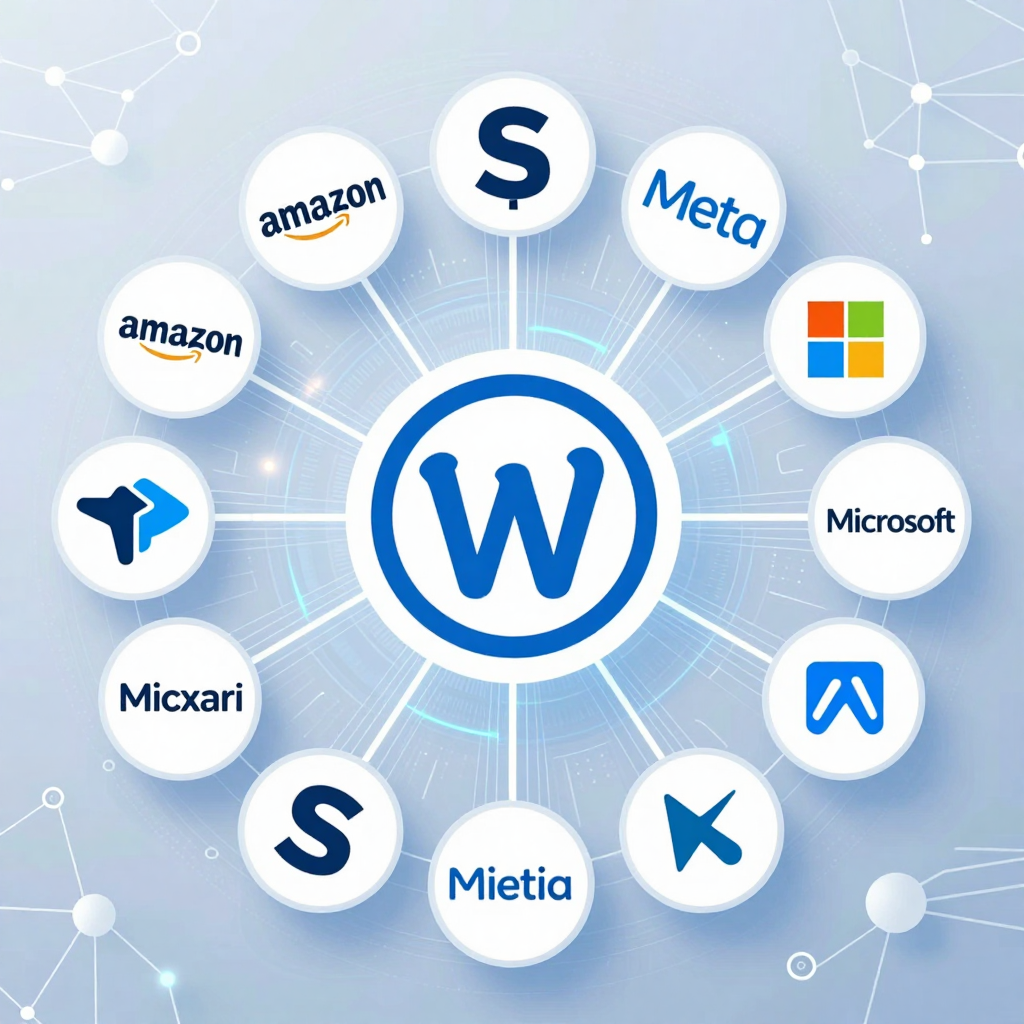
On January 12, 2026, Anthropic launched Claude Cowork, an AI-powered agent that enables non-technical users to automate file management tasks through the Claude Desktop app. Built in just 10 days using Claude Code, this research preview feature allows Max subscribers to designate folders where Claude can autonomously read, edit, and create files. The tool represents a strategic shift from developer-focused AI to mainstream productivity applications, competing directly with Microsoft Copilot while acknowledging security risks including prompt injection vulnerabilities and potential file deletion.
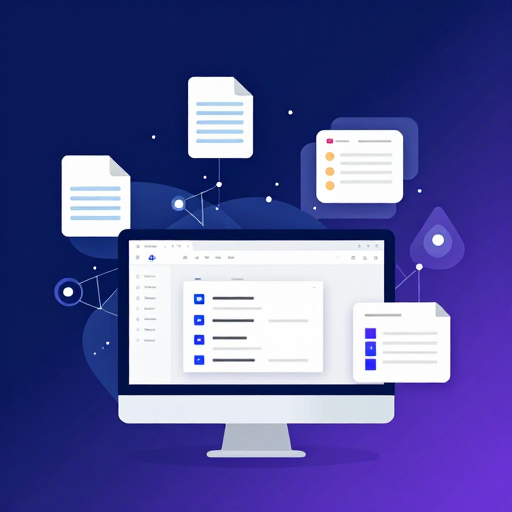
Apple has officially announced a multiyear strategic partnership with Google to integrate Gemini AI models into its ecosystem, representing a significant shift in the company's traditionally independent approach to technology development.
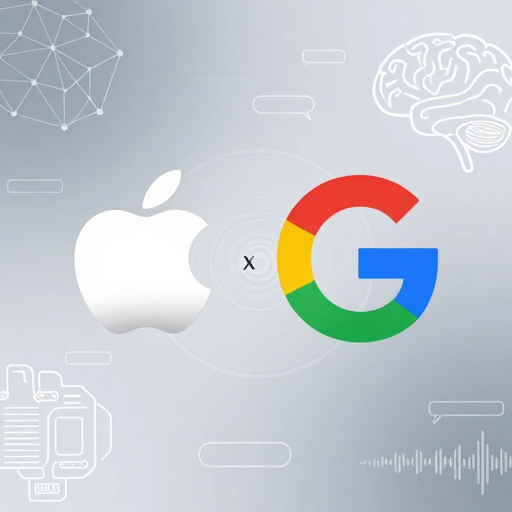
Google announced the rollout of AI-powered conversation summaries in Gmail, making these features available to all personal account users in the United States at no cost. The tech giant revealed new capabilities powered by Gemini 3 technology, including email thread summaries, enhanced writing assistance, and upcoming AI Inbox filtering.
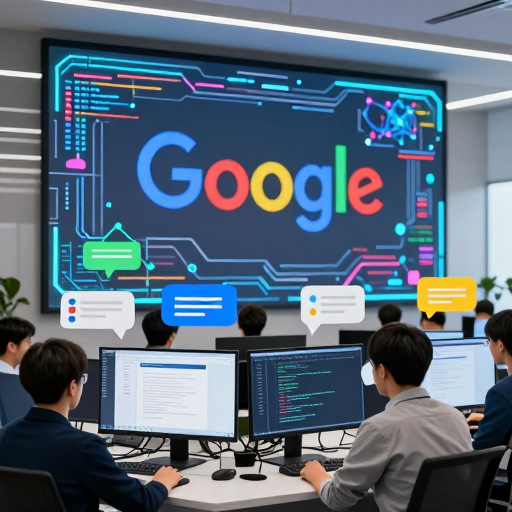
Elon Musk's xAI raises $20 billion in Series E funding, exceeding initial $15 billion target, with backing from NVIDIA and major investors to accelerate Grok 5 development and expand GPU infrastructure while facing regulatory challenges over deepfake content

NVIDIA has launched its groundbreaking Vera Rubin AI computing platform at CES 2026, featuring extreme co-design across six specialized chips. The platform delivers 5x inference performance improvement and 10x cost reduction for AI workloads, with major cloud providers committed to deployment in H2 2026.
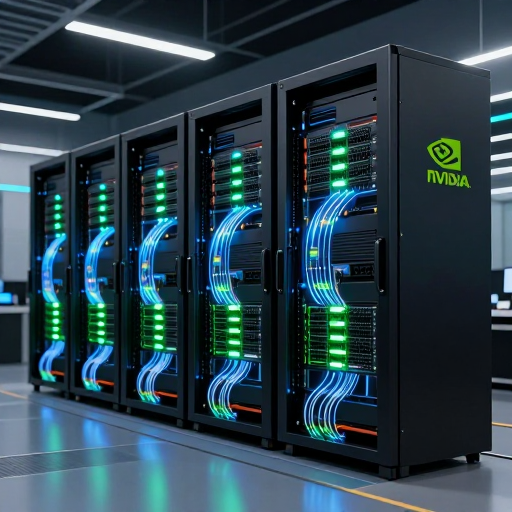
Samsung Electronics revealed plans to double its AI-enabled device portfolio to 800 million units in 2026, expanding Google Gemini integration across smartphones, tablets, and smart home products as part of its comprehensive AI transformation strategy.
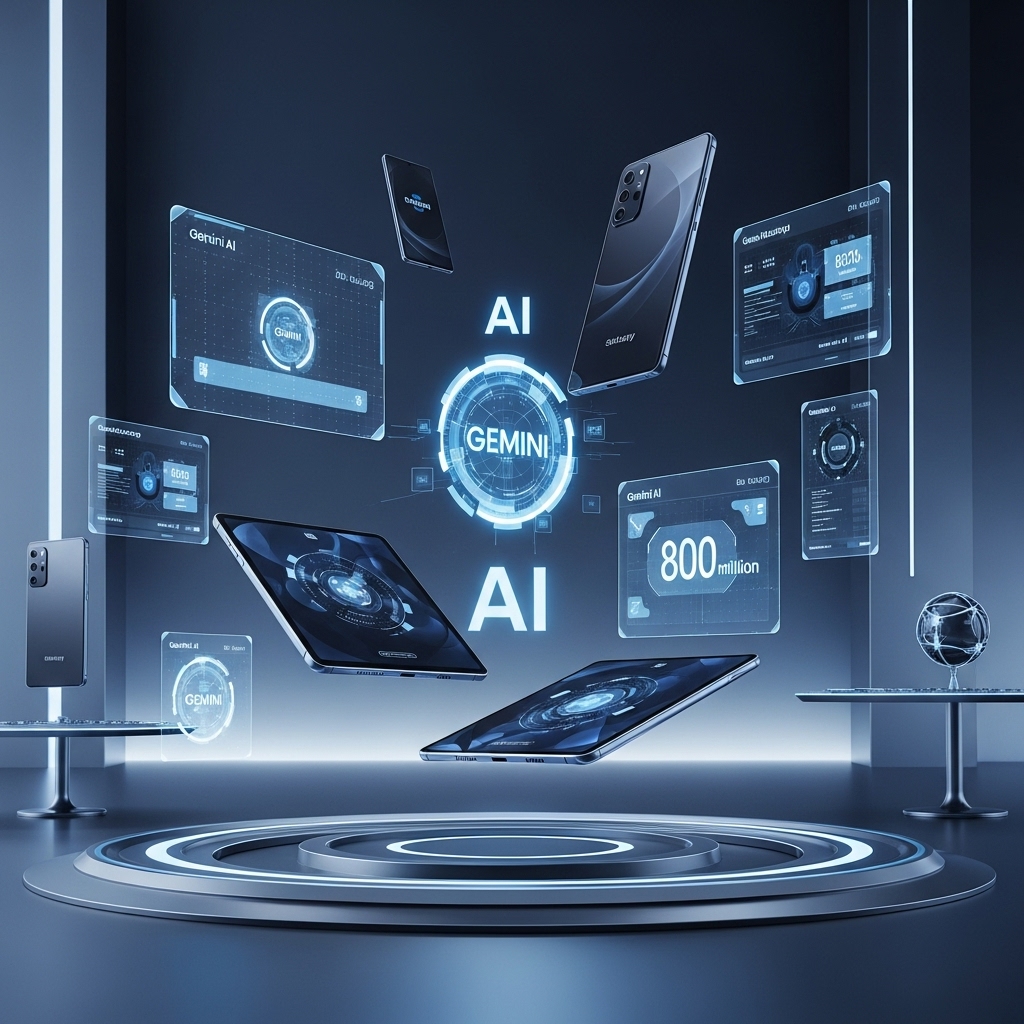
Grok AI, developed by Elon Musk's xAI, has surpassed 30 million monthly active users worldwide while announcing the upcoming release of Grok 4.20 in early January 2026. The platform demonstrates strong growth with 6.7 million daily active users and 234.4 million monthly visits. Grok 4.20 showed impressive performance in Alpha Arena testing with 12.11% returns. The milestone positions Grok as a significant competitor in the AI market, with unique real-time X integration and enterprise partnerships including a $200 million Pentagon contract.
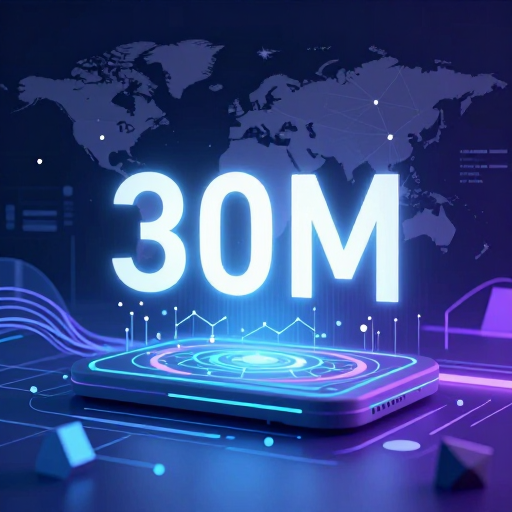
OpenAI has launched a comprehensive reorganization of its audio AI capabilities, unifying engineering, product, and research teams to develop next-generation voice models and audio-first consumer devices. The initiative targets a Q1 2026 release for advanced audio models and positions the company for a major shift toward screenless, voice-driven interactions.

Meta Platforms completed its third-largest acquisition by purchasing Singapore-based AI startup Manus for $2 billion, bringing autonomous AI agent technology that processed 147 trillion tokens and achieved $125M revenue run rate to Meta's ecosystem of billions of users across Facebook, Instagram, and WhatsApp platforms.

In a CNN interview, AI pioneer Geoffrey Hinton warned that 2026 will see AI systems gain capabilities to replace numerous jobs across sectors, with task-completion speeds doubling every seven months. The Nobel laureate expressed heightened concerns about AI's reasoning and deceptive capabilities, predicting software engineering and white-collar roles face particular vulnerability as 'Agentic AI' emerges. Hinton criticized insufficient safety measures and warned that corporate incentives favor rapid automation over worker protection, potentially exacerbating wealth inequality.

Taiwan Semiconductor Manufacturing Company has completely sold out its 2-nanometer chip production capacity through the end of 2026, with major tech companies including Apple, Qualcomm, and AMD securing manufacturing slots years in advance. The company plans to reach 100,000 wafers monthly output by late 2026, leveraging advanced GAA architecture that delivers 10-15% performance improvements or 25-30% power consumption reductions.

The AI-driven market boom propelled America's wealthiest tech executives to add over $550 billion to their combined fortunes in 2025, reaching $2.5 trillion total. Elon Musk led gains with nearly 50% wealth increase to $645 billion, while Google founders and Nvidia's CEO saw massive growth driven by AI infrastructure investments.

NVIDIA has entered into a non-exclusive licensing agreement with AI chip startup Groq for approximately $20 billion, marking the chipmaker's largest deal ever. The agreement provides access to Groq's specialized Language Processing Unit technology while bringing founder Jonathan Ross and President Sunny Madra to NVIDIA's team. This strategic move strengthens NVIDIA's position in the AI inference market as the industry transitions from model training to deployment.

The National Institute of Standards and Technology has announced a $20 million investment to establish two AI research centers in partnership with MITRE Corporation, focusing on manufacturing productivity and critical infrastructure cybersecurity. The initiative, announced December 22, 2025, aligns with the White House's America's AI Action Plan and includes plans for an additional $70 million Manufacturing USA institute focused on AI resilience.

OpenAI's compute profit margins have surged to 70% as of October 2025, more than doubling from 35% in January 2024, according to The Information. Despite remaining unprofitable overall with $2.5B in H1 2025 losses, the company demonstrates improved operational efficiency while revenue reaches $13B annualized. The margin gains reflect optimized infrastructure usage and growing enterprise adoption, with over 2 million business users now deployed across major corporations.

In 2025, Google has rehired approximately 20% of its AI software engineers from its pool of former employees, marking a significant strategic shift in the ongoing global AI talent war. This 'boomerang employee' approach comes as the company competes aggressively against OpenAI, Meta, Microsoft, and Anthropic, leveraging its massive computational infrastructure and financial resources to attract proven talent back. The strategy has proven effective, with Alphabet's stock surging over 60% this year and new AI products like Gemini 3 closing the gap with competitors.
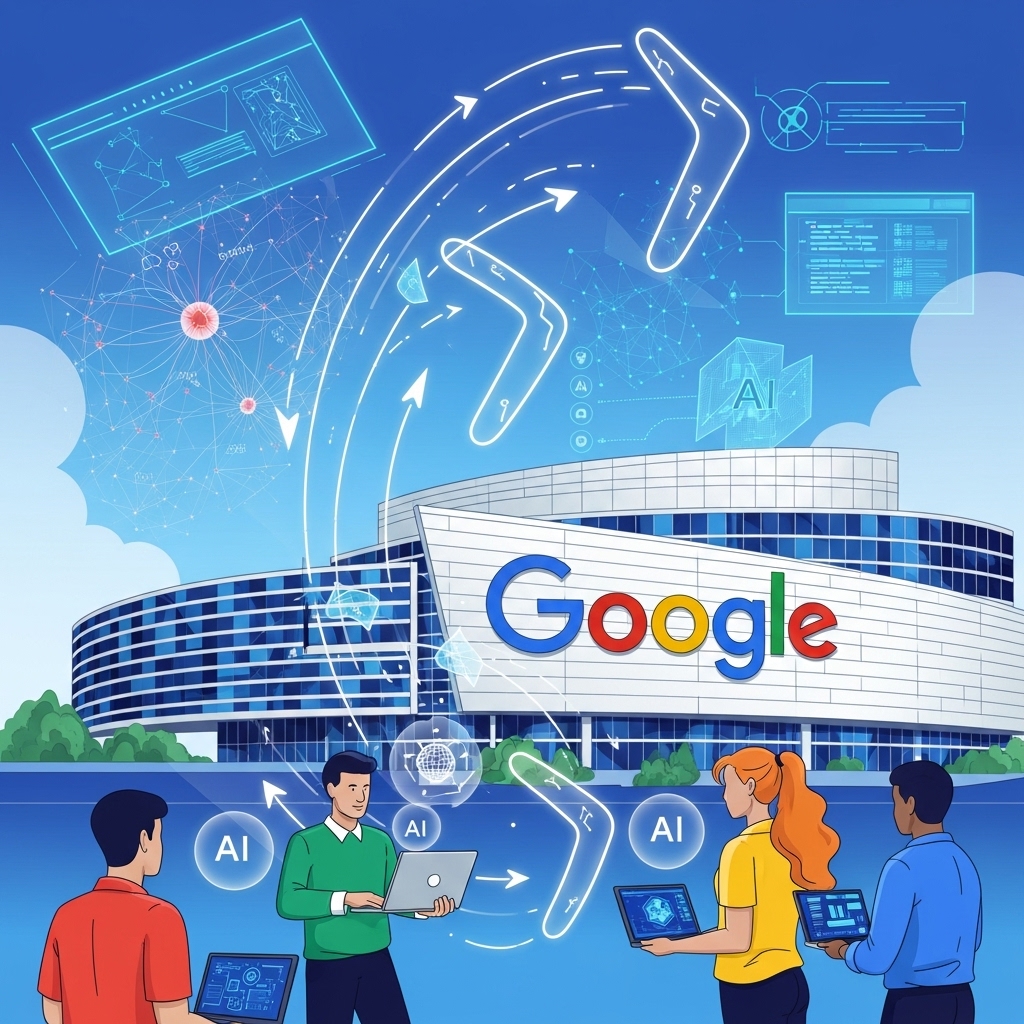
Google has launched Gemini 3 Flash globally on December 18, 2025, combining advanced reasoning capabilities with unprecedented speed and cost efficiency. The model achieves frontier-level performance on benchmarks while operating three times faster than its predecessor, now serving as the default AI in the Gemini app and Google Search's AI Mode for millions of users worldwide.

- 1
- 2
- 3
- 4
- 5